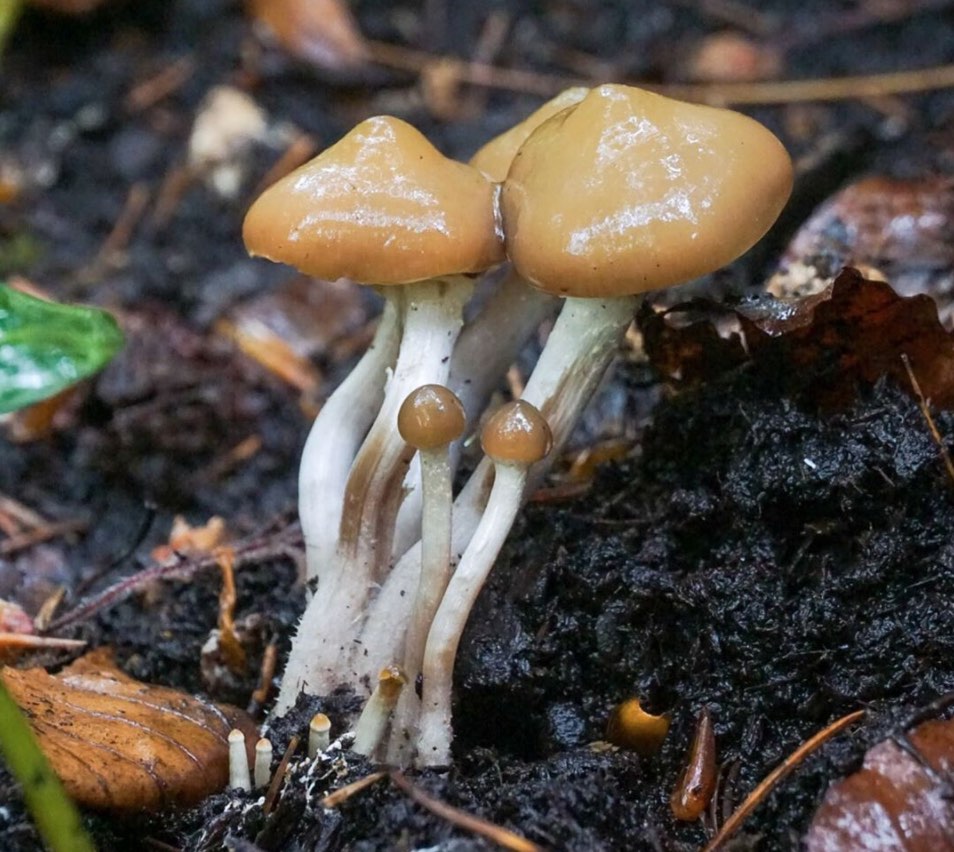In the United States, we’re experiencing a full-tilt, wide-spread effort to bring cannabis to federal legal status. Currently at a crescendo, the cannabis legalization movement can leave many forgetting the legal pathways of less prevalent substances such as psychedelic mushrooms.
Psilocybin (present in hallucinogenic mushrooms,) is in the infant stages of its own legal journey. There’s no telling how long the push for legal mushrooms may take, but getting caught up on the history thus far will take little time at all.
The Controlled Substance Act
As with numerous other substances, the US government nixed the possession and consumption of Psilocybin in the Controlled Substance Act of 1970. The CSA classified various substances under different “schedules” pertaining to the substance’s potential benefits and potential harm.
Despite its non-addictive and glaringly unharmful nature, Psilocybin became a Schedule I drug. The Schedule I categorization indicated the government’s belief that Psilocybin was an extremely dangerous substance with little-to-no benefit.
This left Psilocybin banned throughout the entirety of the United States, a standing that went unchallenged for half a century. In fact, for decades, the concept of pursuing legal mushrooms was far from feasible.
However, in early 2019, mushrooms would get their first push toward legal status.

Image via @psychoactive_scientist
Progress In The West
In the early months of 2019, reports circulated concerning efforts to legalize Psilocybin in Denver, CO and Oregon. While similar efforts were not completely unheard of, these movements showed signs of legitimate momentum.
In May 2019, Denver, CO made history by becoming the first US state to decriminalize Psilocybin. Although it was a sign of progress for the pursuit of legal mushrooms, it was far from a popular movement. In fact, the law came as the result of a 50.6% majority vote, just narrowly garnering approval.
However, that initial momentum seemed to catch, and quickly. Just one month later, Oakland, CA joined Denver as a city with no criminal penalty for Psilocybin possession. Months later, Santa Cruz, CA would sign a Psilocybin decriminalization law of its own.

Image via @entheocurean
The impact of decriminalization in three US cities is slight, but these events gave legal mushrooms an air of credibility.
In fact, by November 2019 nearly 100 US cities were considering decriminalization, and congress saw efforts to legalize Psilocybin research.
Now, with election season approaching, both Oregon and Washington D.C. have managed to get Psilocybin decriminalization on their ballots. A recent poll shows Oregon widely divided on the issue, with 47% of Oregonians for the measure and 46% against.
There’s no denying that the effort to pursue legal psychedelic mushrooms is still in its early, early stages. However, the fact that the process has begun at all is indicative of a shifting public opinion on substance use. Federally legal cannabis is within grasp, and there’s hope that substances like Psilocybin could ride that momentum. With that in mind, legal mushrooms may not be quite as far as one might think.

Image via @woodlandcravings







![Understanding Vinyl Record Grading: A Complete Guide for Collectors-- [Photo by Bojan Marjanovic on Canva.]](https://respectmyregion.com/wp-content/uploads/2026/02/image-500x333.jpeg)